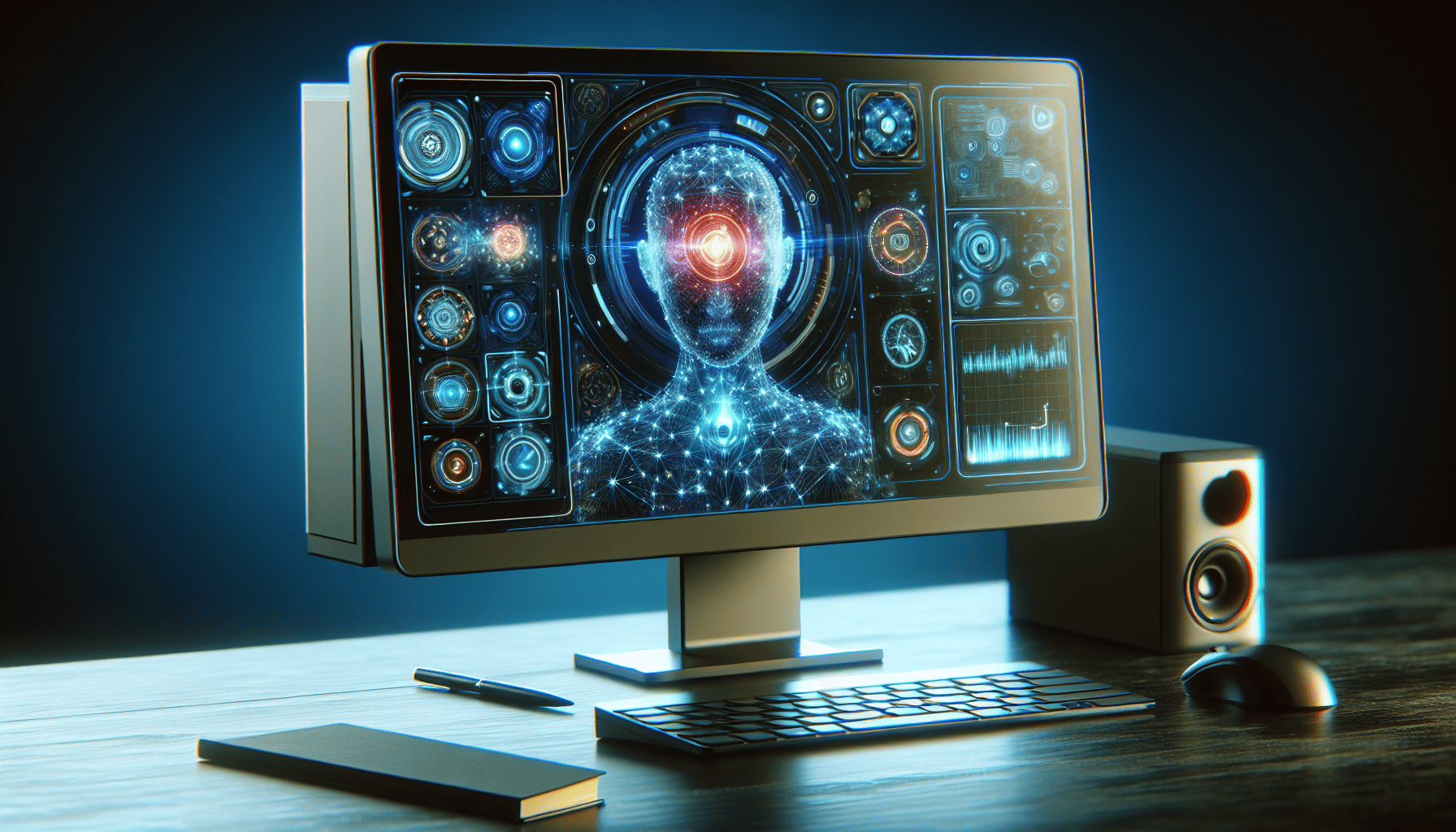The gaming industry, a dynamic and rapidly evolving sector, has always been at the forefront of technological innovation. Today, artificial intelligence (AI) is taking center stage, fundamentally transforming how games are developed, played, and experienced. From enhanced graphics and more interactive game environments to personalized gaming experiences, AI is reshaping the boundaries of digital entertainment.
One of the most profound impacts of AI in gaming can be observed in the development phase. Game developers are leveraging AI to create more realistic and lifelike characters. Instead of pre-programmed behaviors, AI algorithms allow non-player characters (NPCs) to learn and adapt in real-time, making gameplay more unpredictable and engaging. These advancements let players interact in expansive virtual worlds that feel genuinely alive and responsive to their decisions, elevating the immersive experience.
Beyond character development, AI is also instrumental in procedural content generation (PCG). This technique uses algorithms to create levels, environments, and storylines autonomously. Games like "No Man’s Sky" have utilized AI-driven PCG to generate vast, never-before-seen worlds, ensuring that players encounter unique experiences each time they dive into the game. This not only enhances replayability but also allows smaller studios to produce rich, diverse content without an enormous manual effort.
AI's role extends to personalizing gaming experiences. Machine learning algorithms can analyze player behavior to adapt the game dynamically to fit individual preferences and skill levels. By assessing variables such as player's expertise, decision-making patterns, and preferred styles of play, AI can adjust difficulty settings, suggest in-game purchases that genuinely enhance the experience, or tailor storylines to keep players engaged. This degree of personalization can result in longer play times and more satisfying gaming experiences.
Artificial intelligence is also optimizing game testing and quality assurance processes. Traditionally, this involved extensive manual playthroughs to identify bugs and balance issues. AI can automate much of these tasks by simulating countless scenarios at speeds unattainable by human testers. This not only speeds up the development cycle but also improves the overall quality and stability of games upon release.
Furthermore, AI is paving the way for revolutionary multiplayer and social gaming experiences. Leveraging natural language processing (NLP) and facial recognition, AI can facilitate more complex and nuanced communication between players, or even between players and virtual inhabitants in the game world. This can create a richer social environment and open up opportunities for new types of collaborative games where communication dynamics are key.
As we look to the future, the integration of AI in gaming offers exhilarating possibilities, yet it also presents challenges. Issues regarding data privacy, ethical use of adaptive AI, and ensuring the technology remains accessible across different platforms are areas that need careful consideration. Balancing these factors will be essential to harnessing the full potential of AI without compromising on the values that gamers hold dear.
In conclusion, artificial intelligence is not just enhancing the gaming landscape; it is fundamentally redefining it. As AI technologies continue to evolve, they promise to enrich gaming worlds with unprecedented depth, personalization, and interactivity. For gamers and developers alike, the journey through AI-powered gaming is just beginning, and it promises to be an exciting adventure.
